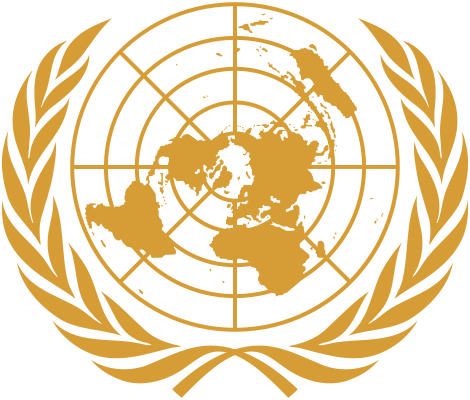The Insufficiency Of The United Nations
- The CLV Phoenix
- Nov 5, 2018
- 3 min read
By Ayesha Begum
Why is one of the most powerful world organisations taking a backseat and watching it conflict happen rather than preventing it?
With a considerable amount of ongoing conflicts and wars that are continuing to this very day, it should come as a surprise as to why no action is being taken to diffuse all of these, seemingly, unnecessary rivalries. An organisation that claims to resolve such issues is the United Nations. However, as a system of (since 2011) 193 member states, they do not appear to be efficient in this.
On the official UN website, they claim to work towards maintaining international peace and security, protecting human rights, delivering humanitarian aid, promoting sustainable development, and upholding international law. One of these subcategories that particularly catch the eye is ‘protecting human rights’; from all of the ongoing conflict and war, it’s impossible to believe that the UN are putting great efforts into protecting individuals in disadvantaged areas. Of course, there is only so much conflict an organisation alone can combat. Despite this, the UN is made of countries that hold extremely great power, such as the USA and the UK, who would be able to get other state members to agree with their views and eventually would be able to put an immense amount of pressure upon the country in question- so much so that the country begins to consider the civilians and grant them such rights, yet, no state member of the UN or any member of the Security Council attempts to act upon their own ‘beliefs’. An example of this hypocrisy can be seen in the Rohingya Conflict in Myanmar that has been occurring since 1942- a simple search on Wikipedia will show that the UN have not done any more than release a report detailing the tragedies and appear not to have taken any action against it, apart from stating that it breached their own beliefs of peace and human rights. Although this report would have provided the public with new knowledge about the situation and may have brought more awareness to it, there is no use of it unless action is taken against it.
A reason as to why the UN may be so unwilling to help those who truly need it may just be simply due to the fact that they do not care. This may seem a bit blunt and harsh, but it appears to be the bitter reality, unfortunately. Many of the participants and state members of the UN seem to only seek what is best for them and appear to be quite selfish. This could be as a result of peacekeeping generally being a long and tedious process and it being very expensive to uptake; according to The Guardian (2015), peacekeeping costs $9 billion per year with 120,000 peacekeepers deployed mostly in Africa. Another example of such careless behaviour can also be seen in 1992 in Somalia; the US government wanted to support a UN mission in Somalia that consisted of protecting humanitarian aid and stop the fighting, however, when American soldiers were killed in an attempt to arrest a local warlord, the American public reacted negatively and, as a result, Bill Clinton’s (the president of the USA at the time) administration quickly withdrew from the offer; some may see this situation as a good example of a leader actually listening to the civilians of the country, others, however, may view this as a badly covetous move.
In relation to World War 1 and any parallel organisations that may have been in place, the League of Nations, founded in 1920, two years after WW1 ceased, was an equivalent to the UN. The League of Nations did have small success consisting of dismantling small wars and improving lives. Nevertheless, it could not enforce the Treaty of Versailles (a peace treaty formed in 1919 between Japan, the USA, France, Austria-Hungary, Germany and Britain after WW1 where Germany had the choice between signing it or facing the occupation of Germany by allied troops) and failed to persuade powerful countries to stop fighting.
READ MORE LIKE THIS...
READ MORE BY...




Comments